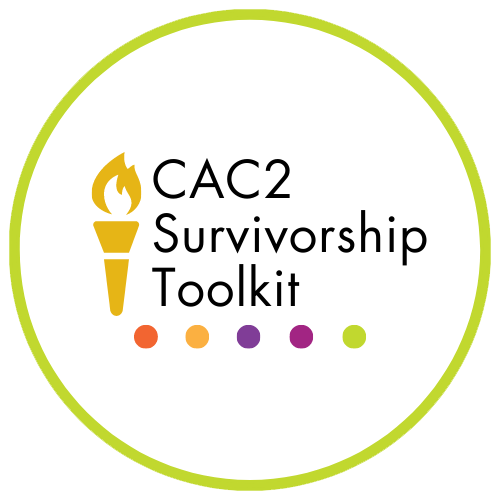
Families experience a significant emotional toll, otherwise referred to as trauma, during the diagnosis and treatment of childhood cancer. This burden can continue into survivorship, especially if other long-term health issues develop. When survivors of childhood cancer do not receive sufficient healing and ongoing mental health support during their survivorship, it can be common for them, as well as their caregivers and their siblings, to experience challenges that require support. These challenges often manifest as anxiety and depression, commonly recognized symptoms of post-traumatic stress disorder (PTSD). Learn more about how the burden of unresolvable stress throughout treatment and continuing into survivorship impacts survivors and family members. Discover resources that address these issues to promote healing and help survivors and families adjust and cope with life after treatment and throughout survivorship.

Resilience is the capacity to withstand or recover quickly from difficulties. Nurturing resilience in families, from diagnosis and throughout treatment, can help them process all that has happened and help them transition to post-treatment life, where they can better weather the challenges they may face in survivorship. These resources can help survivors and their families better understand the importance of resilience – and how to nurture it – so that they can enjoy a better quality of life.

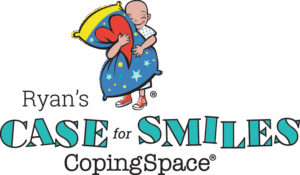

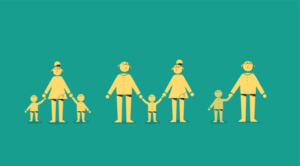

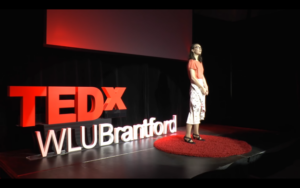


Emotional wellness is the ability to navigate challenging times successfully. Considering emotional wellness when managing life after a cancer diagnosis is essential. These resources help detail the importance of recognizing, understanding, and accepting one’s feelings. Learn more about the importance of doing so, and the skills to help you manage your feelings.

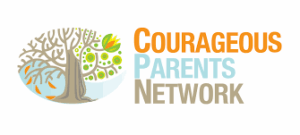





Mental health refers to one’s emotional and psychological health, and social wellbeing. Learn about the ways a childhood cancer diagnosis impacts the mental health of patients and their families, and find resources to improve mental health after treatment ends and manage the issues that arise in survivorship.

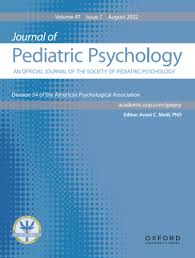
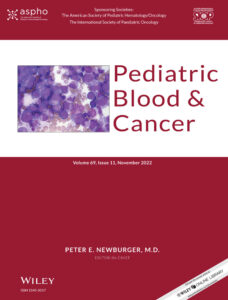


A childhood cancer diagnosis has an impact on many things, including relationships. Families may experience changes that affect how they connect with each other, and with important people outside the family. Different emotions triggered by the trauma may cause family members to struggle, and each may rely on different coping mechanisms. Learn how to navigate relationships as everyone continues to process the childhood cancer experience, navigate the transition to survivorship, and endure the challenges that continue in survivorship. Discover ways to build, maintain, and strengthen these relationships.
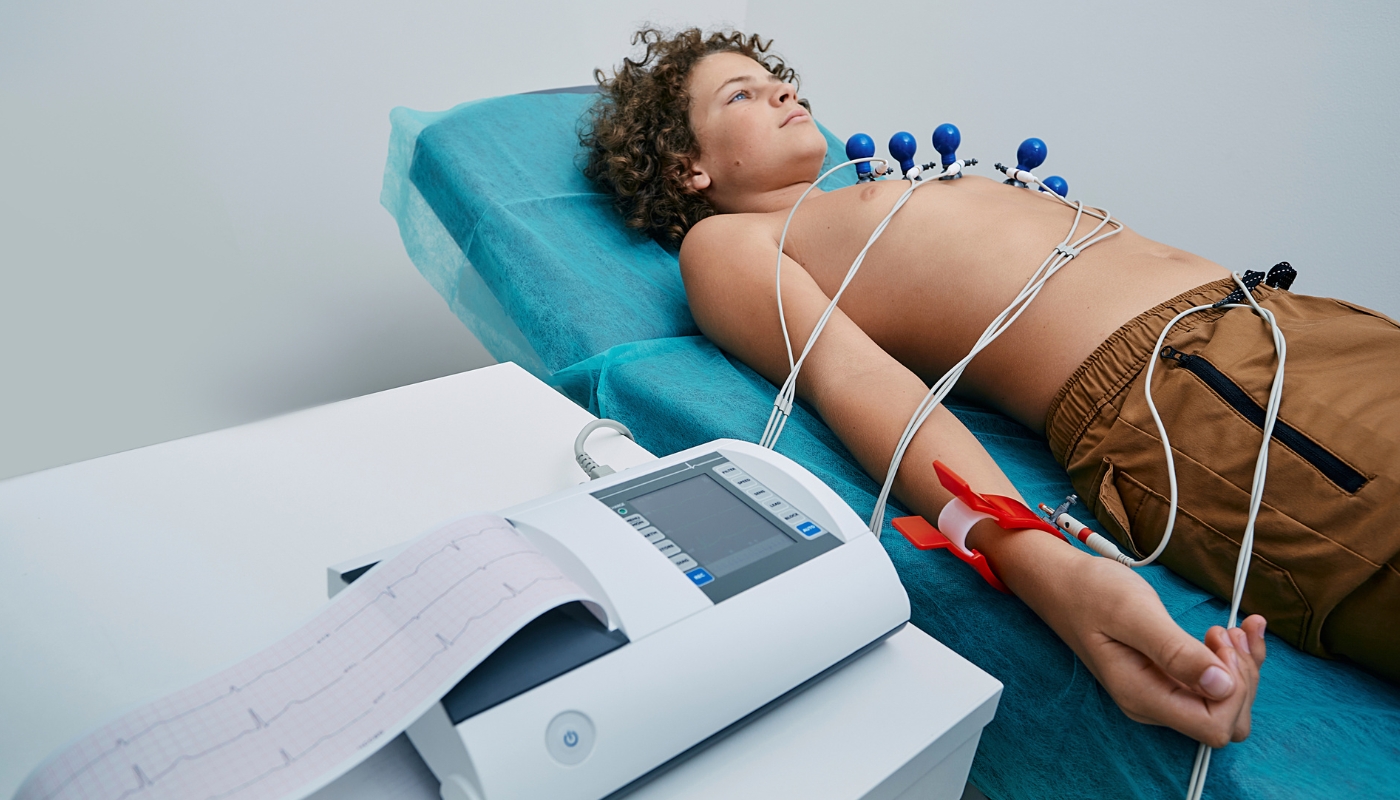




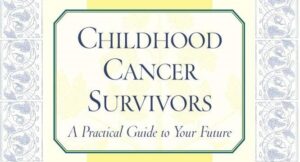

Congratulations on completing treatment and returning home! It is common for families to struggle at times like these. The transition back to regular life after being under the close supervision of medical professionals can take some time. Understanding what to expect, and finding ways to cope, can make a big difference. OFF TREATMENT was designed specifically for families navigating life once treatment ends.
Resilience is the ability to adapt successfully to difficult or challenging experiences in life. It is a skill, much like riding a bike, that can be learned and strengthened over time. It is an essential part of the emotional healing process for your child and the entire family.
Scanxiety is a common concern for many patients and their families who have experienced numerous scans throughout diagnosis, treatment, and survivorship. Scanxiety refers to the increased level of anxiousness patients feel before, during and after a scan to diagnose cancer, monitor treatment progress, or determine cancer recurrence. Significant stress and anxiety can occur before, during, and after imaging tests or scans, and may include physical and/or psychological symptoms. The good news is there are several ways to minimize the negative feelings associated with scans. Read a SURVIVORSHIP MATTERS BLOG written by a childhood cancer survivor’s parent about surviving scanxiety and developing approaches to minimize the negative feelings associated with scans.
Cancer impacts the entire family, and the brothers and sisters of survivors must address their emotional well-being as well. It is common for siblings of childhood cancer survivors to struggle in silence, not wanting to add additional problems to the family after all that has happened during cancer treatment, or as the family manages continuing late effects. It is important to acknowledge and address the thoughts and feelings of siblings intentionally. Remind your children that their health and well-being is important, too.
LEARN MORE
It is common for anyone who has endured childhood cancer to have many feelings about diagnosis, treatment, and survivorship. Many of these feelings may still need to be addressed many years later! Discussing these feelings in a safe space, free from judgment with a counselor, can be incredibly helpful. Many believe that only those with significant problems seek counseling, but counselors can assist individuals at various stages. Childhood cancer treatment, the transitioning to survivorship, and the coping with late effects can be traumatizing. It may take years for some to realize and appreciate the full impact that these events have had on daily life. As some survivors get older, they may re-examine these events from a more mature perspective. A counselor can help survivors explore these issues and one’s overall emotional health, identify healthy coping mechanisms, and provide support and guidance in areas requiring attention.
LEARN MORE
Sometimes parents stay so strong for their children during treatment that they may not realize the full physical and psychological strain they have experienced. Once home, parents may notice a lack of energy, problems with sleeping, emotional numbness, or a loss of interest in things they used to enjoy. Depression can manifest in various ways, and parents should not ignore symptoms like these. Parents of children with cancer are more likely to experience anxiety, depression, and PTSD symptoms when compared to other parents. Discuss these symptoms with a physician, follow any medical recommendations, and continue to monitor how you are feeling. It can take time for parents to recover physically and emotionally from the childhood cancer treatment journey.
